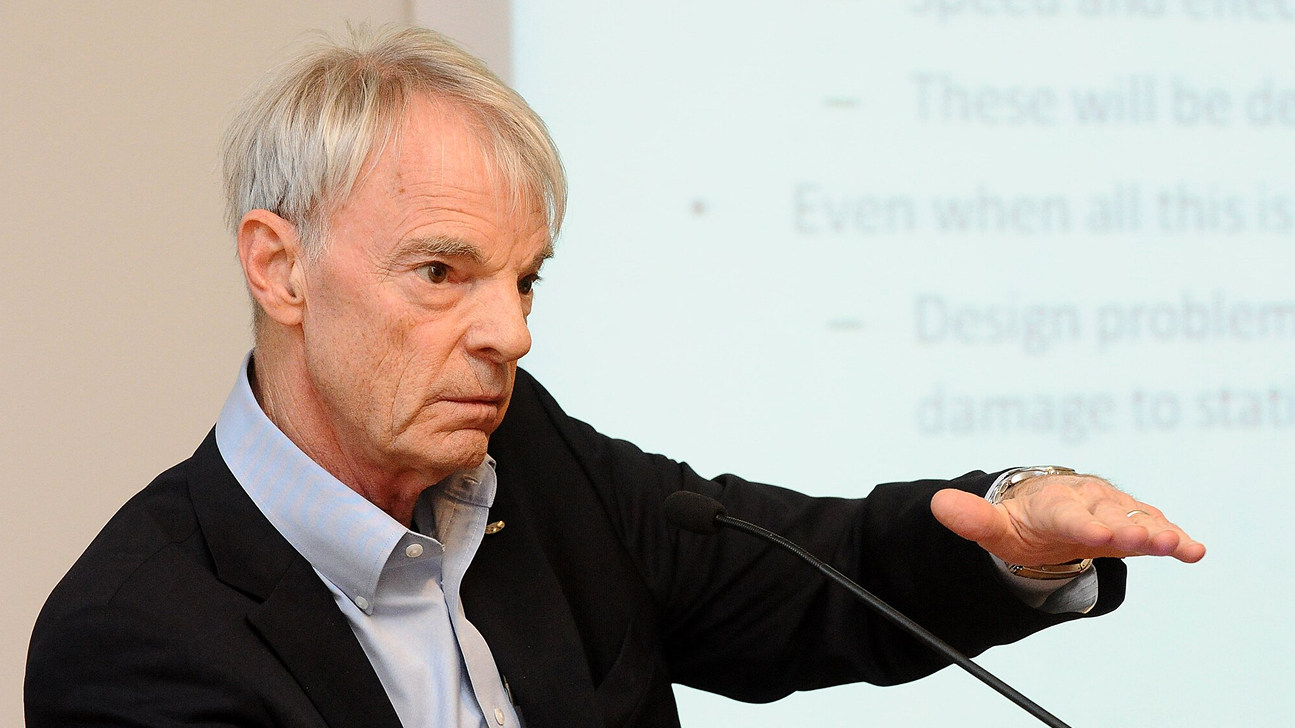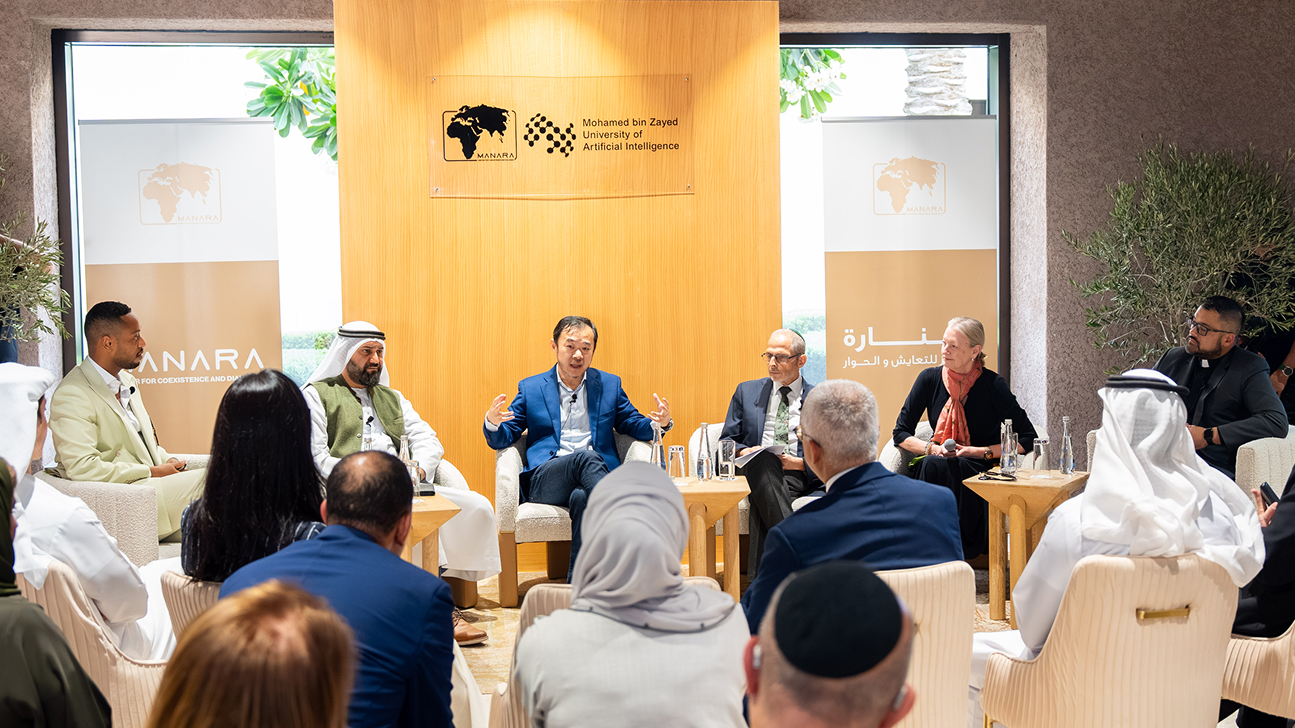Enabling Practical and Rich User Digitization
Wednesday, February 22, 2023
A long-standing vision in computer science has been to evolve computing devices into proactive assistants, that enhance our productivity, health and wellness, and many other facets of our lives. User digitization is crucial in achieving this vision as it allows computers to intimately understand their users, capturing activity, pose, routine, and behavior. Today’s consumer devices – like smartphones and smartwatches – provide a glimpse of this potential, offering coarse digital representations of users with metrics such as step count, pulse, and a handful of human activities like running and biking. Even these very low-dimensional representations are already bringing value to millions of people’s lives, but there is significant potential for improvement. In my research, I develop new technologies that allow consumer devices to capture rich, continuous representations of their users. Armed with such knowledge, our future devices could offer full-body avatars for extended reality, embodied telepresence experiences, more productive work environments, and longitudinal health tracking, to name just a few domains. Critically, these advances cannot come at the expense of device practicality, meaning my work must be strategic in selecting new sensors and making clever use of existing sensors and edge computation, to name just a few domains.
Post Talk Link: Click Here
Passcode: YdJb@E^4
Speaker/s
Karan is a Ph.D. candidate at the Human-Computer Interaction Institute in the School of Computer Science at Carnegie Mellon University. He uses his background in computer vision, signal processing, and applied machine learning to create novel sensing technologies. In his thesis work, Karan has focused on increasing the fidelity of user digitization technologies while retaining or improving user practicality, opening new paradigms in augmented and virtual reality, health monitoring, natural user interfaces, and context-aware computing. To date, Karan has published over 25 papers at top venues. He is a Siebel Fellow and the Editor-in-Chief of ACM Crossroads (XRDS). His research has been widely covered in the media, including NBC Nightly News, Today Show, CNN, TechCrunch, Engadget, NPR, Fast Company, and Gizmodo among others.
Related
Nobel Laureate Michael Spence on how AI is redefining the global economy
Nobel Prize-winning economist Michael Spence explains how AI is reshaping the economic landscape and what is needed.....
- digital policy ,
- governance ,
- Nobel Prize ,
- guest talk ,
- guest lecture ,
- economics ,
- Economy ,
- Undergraduate ,
Understanding faith in the age of AI
MBZUAI hosted a panel discussion in collaboration with the Manara Center for Coexistence and Dialogue focused on.....
- connection ,
- discussion ,
- religion ,
- spirituality ,
- faith ,
- conversation ,
- panel ,
- Human–computer interaction ,

